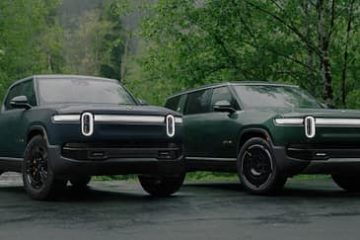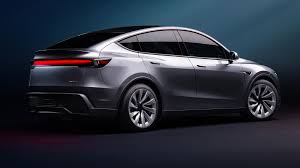The Impact of Cars on Modern Society

Introduction
Cars have become an integral part of modern life, affecting how we travel, work, and live. With over a billion vehicles on the roads globally, the automotive industry plays a crucial role in our economy and personal mobility. The significance of cars extends beyond mere transportation; they influence urban planning, environmental concerns, and technological advancements.
Current Trends in the Automotive Industry
As of 2023, the car industry is experiencing rapid changes, driven by innovation and the increasing awareness of sustainability. Electric vehicles (EVs) are gaining considerable traction as manufacturers like Tesla, Ford, and General Motors ramp up production. According to a recent report by the International Energy Agency, global sales of electric cars surpassed 10 million units in 2022, marking a 55% increase from the previous year.
Impact on Mobility and Urban Planning
The rise of cars has transformed mobility patterns in cities, leading to the development of extensive road networks and highways. However, this expansion has also resulted in increased traffic congestion and pollution levels in urban areas. Cities like Toronto and Vancouver are now grappling with the challenges of balancing car dependency with public transportation options. Initiatives to promote biking and walking paths aim to encourage a shift towards more sustainable transportation methods.
Environmental Considerations
The relationship between cars and the environment has sparked significant debate in recent years. Traditional fuel-powered vehicles contribute to greenhouse gas emissions, prompting governments to implement stricter regulations. In Canada, the federal government has set a target to have all new cars sold be zero-emission by 2035, highlighting the urgency of transitioning to cleaner alternatives.
The Future of Cars
Looking ahead, the future of cars appears to be a blend of technology and environmental consciousness. Autonomous driving technology is on the rise, with several companies testing self-driving cars on public roads. This innovation promises to enhance safety and traffic efficiency while reducing the reliance on personal ownership. Additionally, the integration of smart technology in cars is transforming the driving experience, offering features like navigation through connected devices and real-time traffic updates.
Conclusion
The role of cars in society continues to evolve, presenting both challenges and opportunities. As we navigate the balance between convenience and environmental responsibility, it’s crucial for consumers, policymakers, and manufacturers to work together towards a sustainable automotive future. With ongoing advancements in technology and a growing commitment to sustainability, the next decade will likely reshape our relationship with cars and their impact on daily life.





